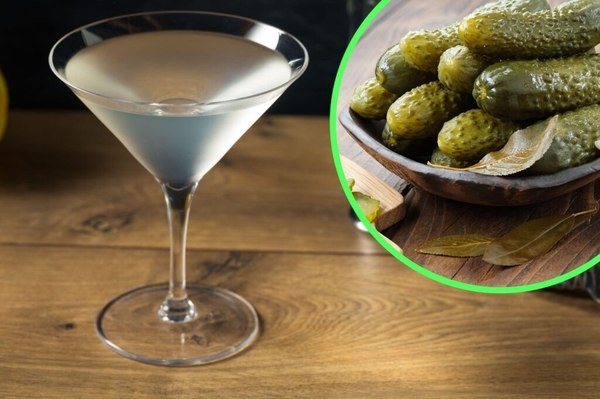Uncategorised
Why does restaurant food taste better than mine? 7 reasons that explain everything
04 Jan 2020
4m
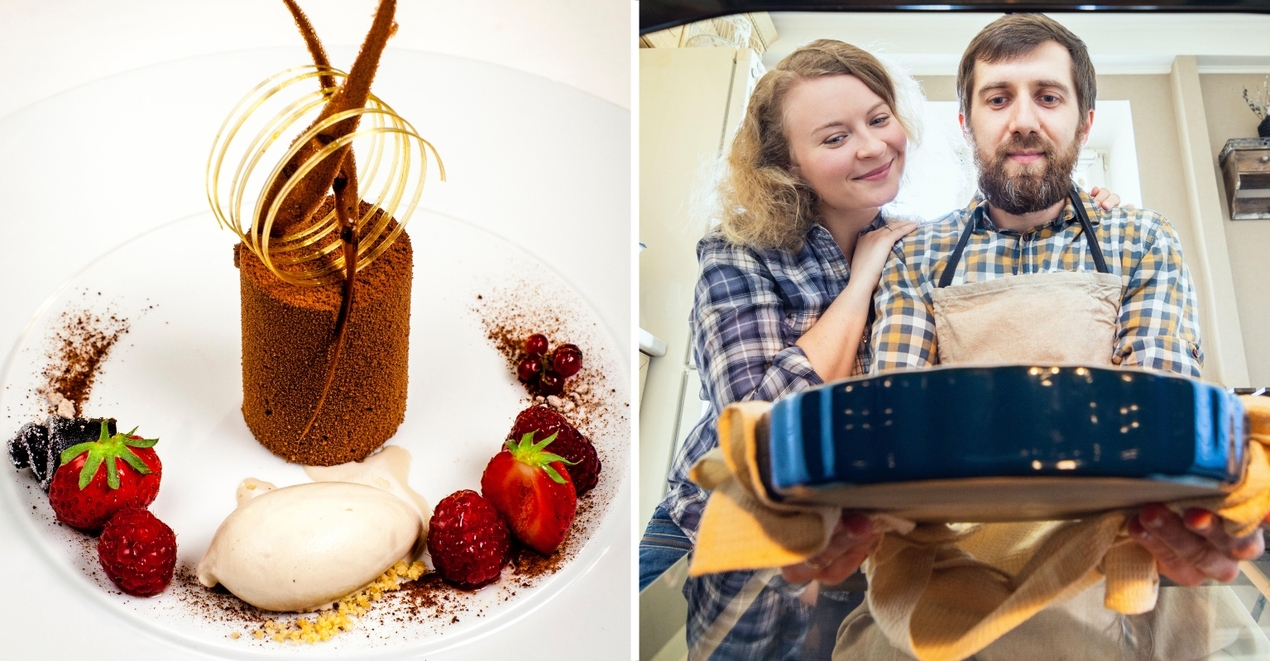
There are a couple of ways to answer the question, “why does restaurant food taste better than mine?”
The first, obviously, is that it’s been cooked by people who have made it their sole mission to make tasty things. This, however, doesn’t make it any less frustrating when your own efforts to impress end in flavourless disaster.
The second, on the other hand, is a little more complicated than training. As it turns out, there are several cunning ways that professional cooks manage to take their food to the next level.
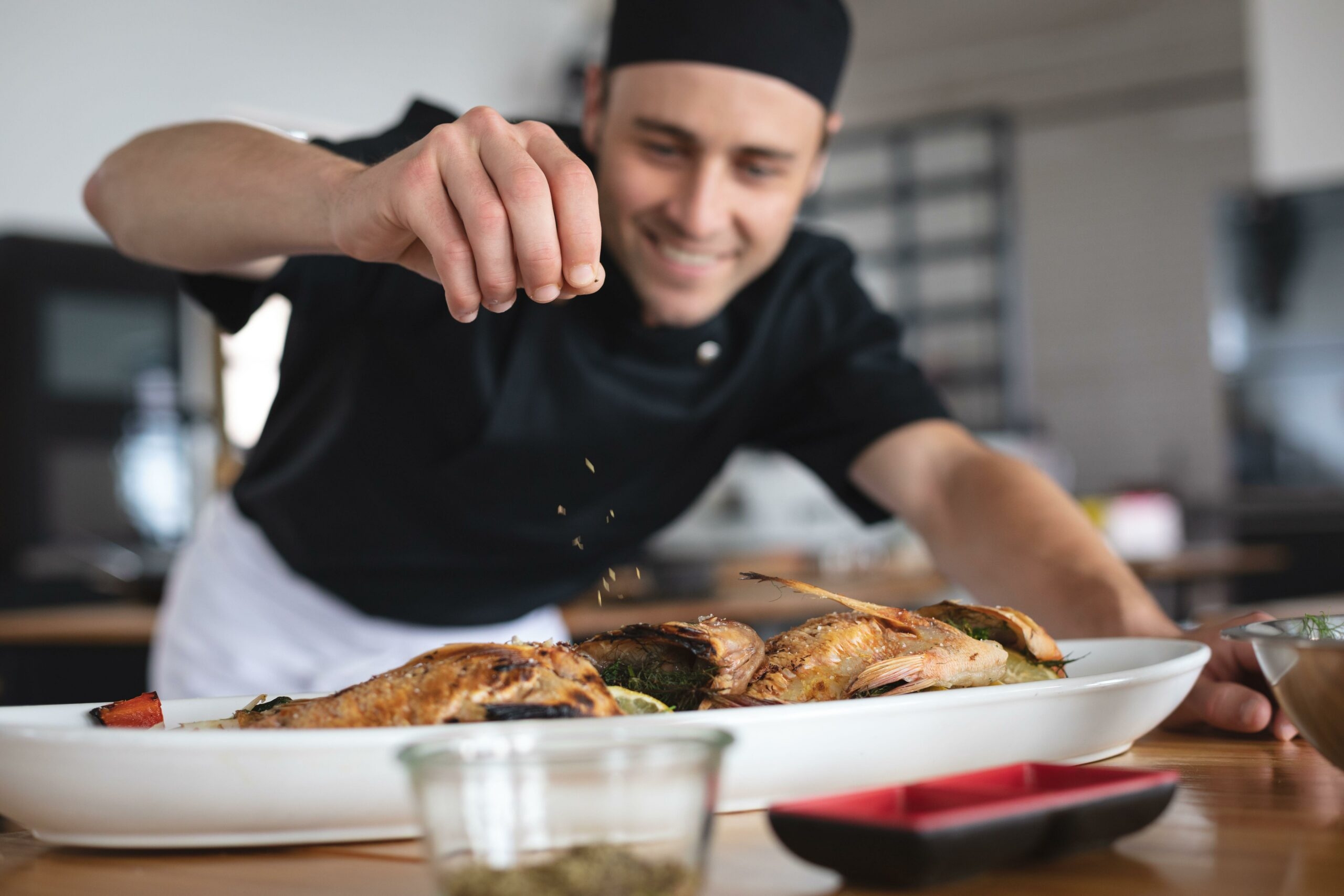 There are several important reasons why restaurant food tastes better (Credit: Alamy/Wavebreakmedia Ltd IP-201124)
There are several important reasons why restaurant food tastes better (Credit: Alamy/Wavebreakmedia Ltd IP-201124)
Why does restaurant food taste better than mine?
With a few cheeky tricks of the trade, the world’s best cooks are able to transform their food into something seriously special. Perhaps surprisingly, many of these techniques are relatively easy to reproduce at home.
Read More: Incredible restaurant locations around the world
To help you take your own cooking up a notch, we’ve gathered together some of the sneakiest professional cooking tips. Some might seem obvious, some might seem strange, but all can make a massive difference in the kitchen.
Here are seven reasons restaurant food tastes better than yours.
1. Salt
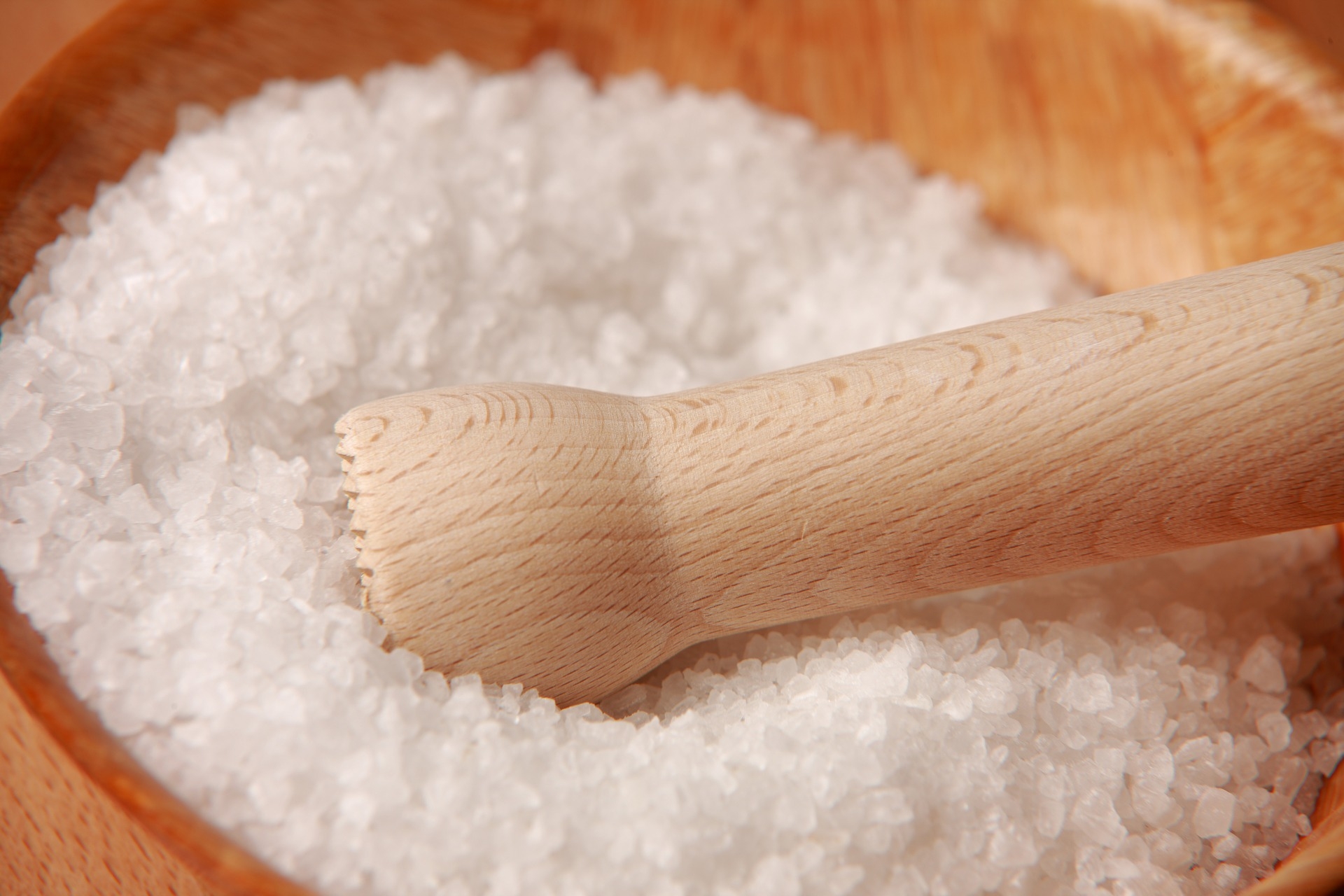 Salt and proper seasoning is essential in making your food taste better (Credit: Pixabay)
Salt and proper seasoning is essential in making your food taste better (Credit: Pixabay)
Possibly because we’re all petrified of cholesterol and early death, home cooks tend to be cautious when it comes to the salt seller. This is where restaurants have the upper hand.
Chefs know that seasoning every component of a dish is crucial to produce the desired depth of flavour, and there’s a good chance that most dishes have been enhanced with several aggressive sprinkles of salt.
2. Shallots
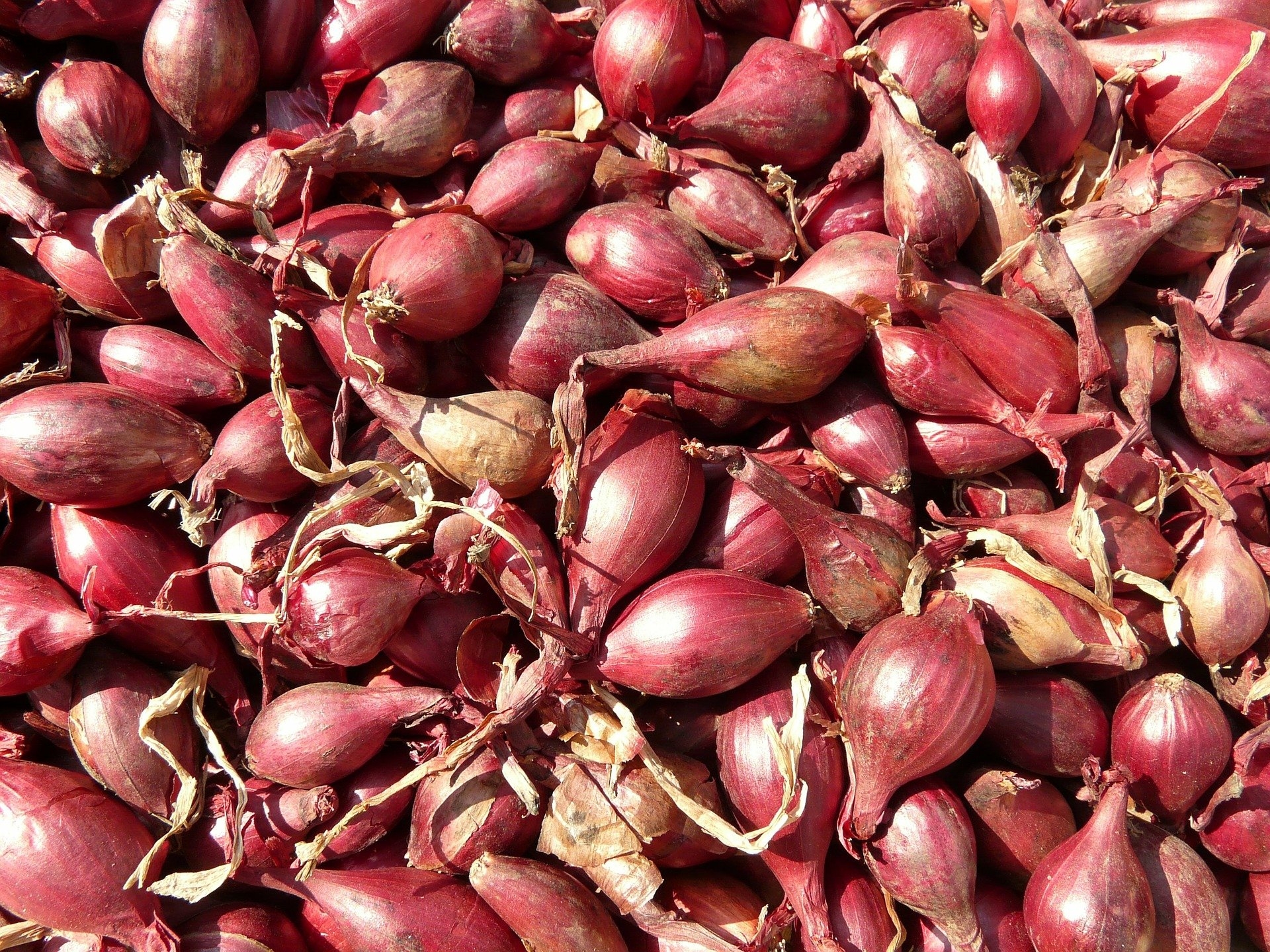 Shallots are crucial in almost every restaurant (Credit: Pixabay)
Shallots are crucial in almost every restaurant (Credit: Pixabay)
You wouldn’t believe the number of these miniature onion relations a restaurant gets through on a daily basis. According to Anthony Bourdain, the staff at Les Halles used to peel and chop “over 20 pounds per day”.
More subtle than their tangy big brothers, shallots are a great way to add depth to sauces, stocks and almost any other dish staple that you’d care to mention.
3. Butter
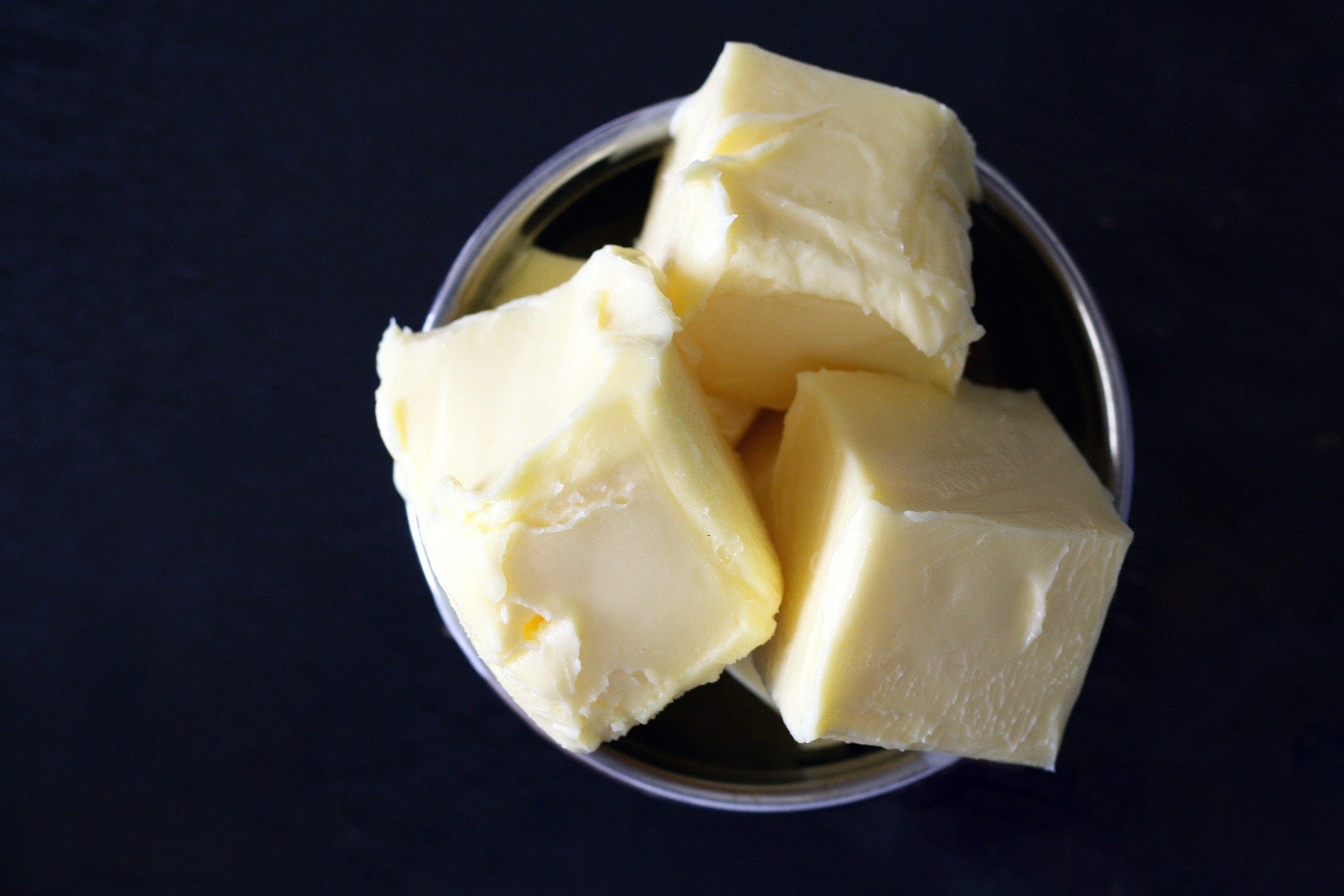 Butter is a vital component of restaurant cooking (Credit: Pixabay)
Butter is a vital component of restaurant cooking (Credit: Pixabay)
It’s often said that fat is flavour, which perhaps helps to explain why professional cooks can’t do without butter.
The easiest way to land a punch of richness or add a glossy sheen to a grim-looking sauce, butter is perhaps the biggest obstacle standing between you and restaurant-tasting cooking.
4. Stock
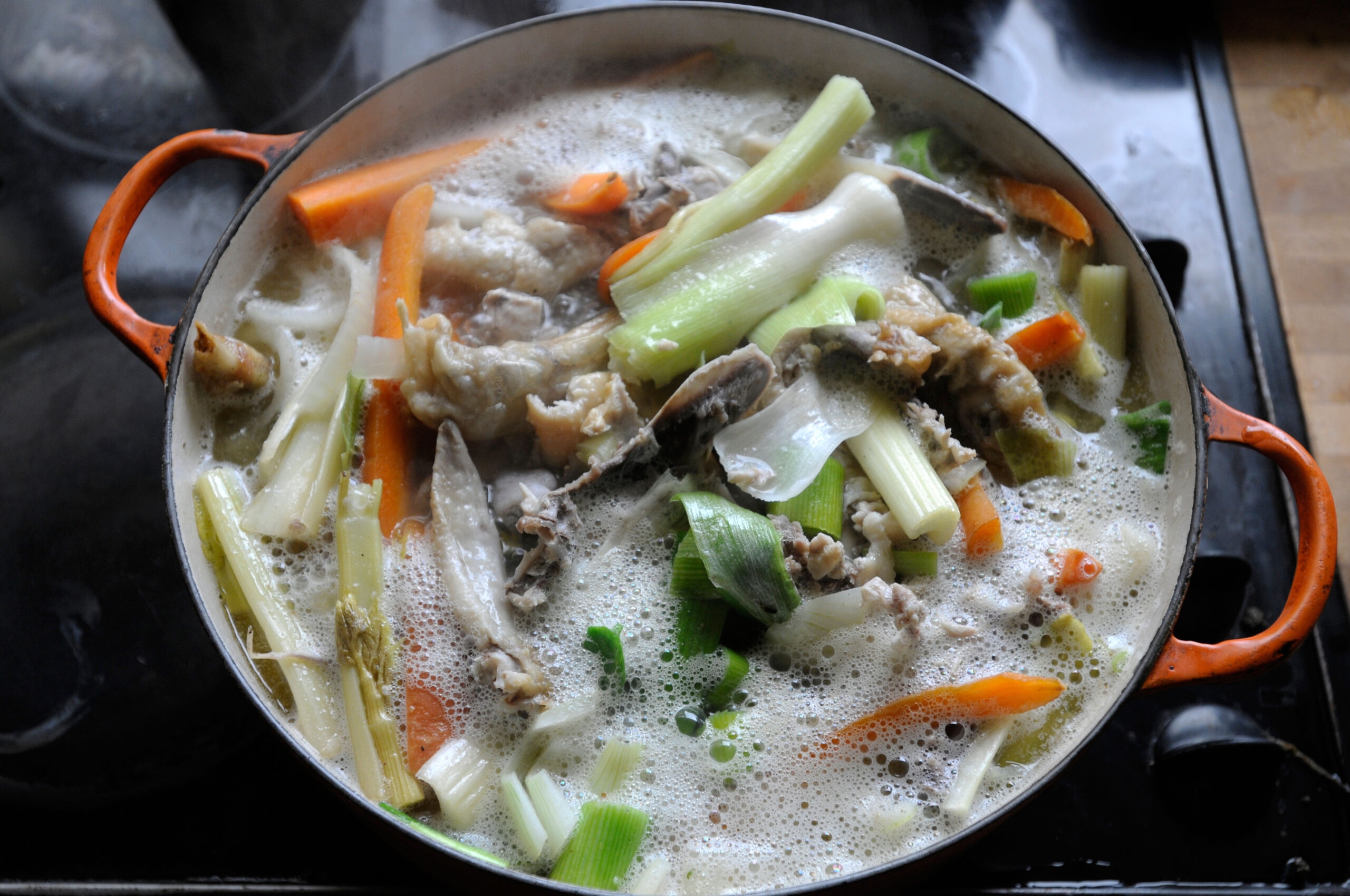 Well made stock can make a huge difference to sauces and other dishes (Credit: Alamy/Stephen Parker)
Well made stock can make a huge difference to sauces and other dishes (Credit: Alamy/Stephen Parker)
When you’re at home, you probably wouldn’t think twice about flinging a chicken carcass or vegetable trimmings straight in the bin. When you’re in the restaurant business, however, waste isn’t an option.
This is where stock comes in. Huge pots of liquid, filled with the remnants of prep and reduced over several hours, can produce an incredible flavour that forms the backbone of every great restaurant sauce you’ve ever eaten.
5. Ovens
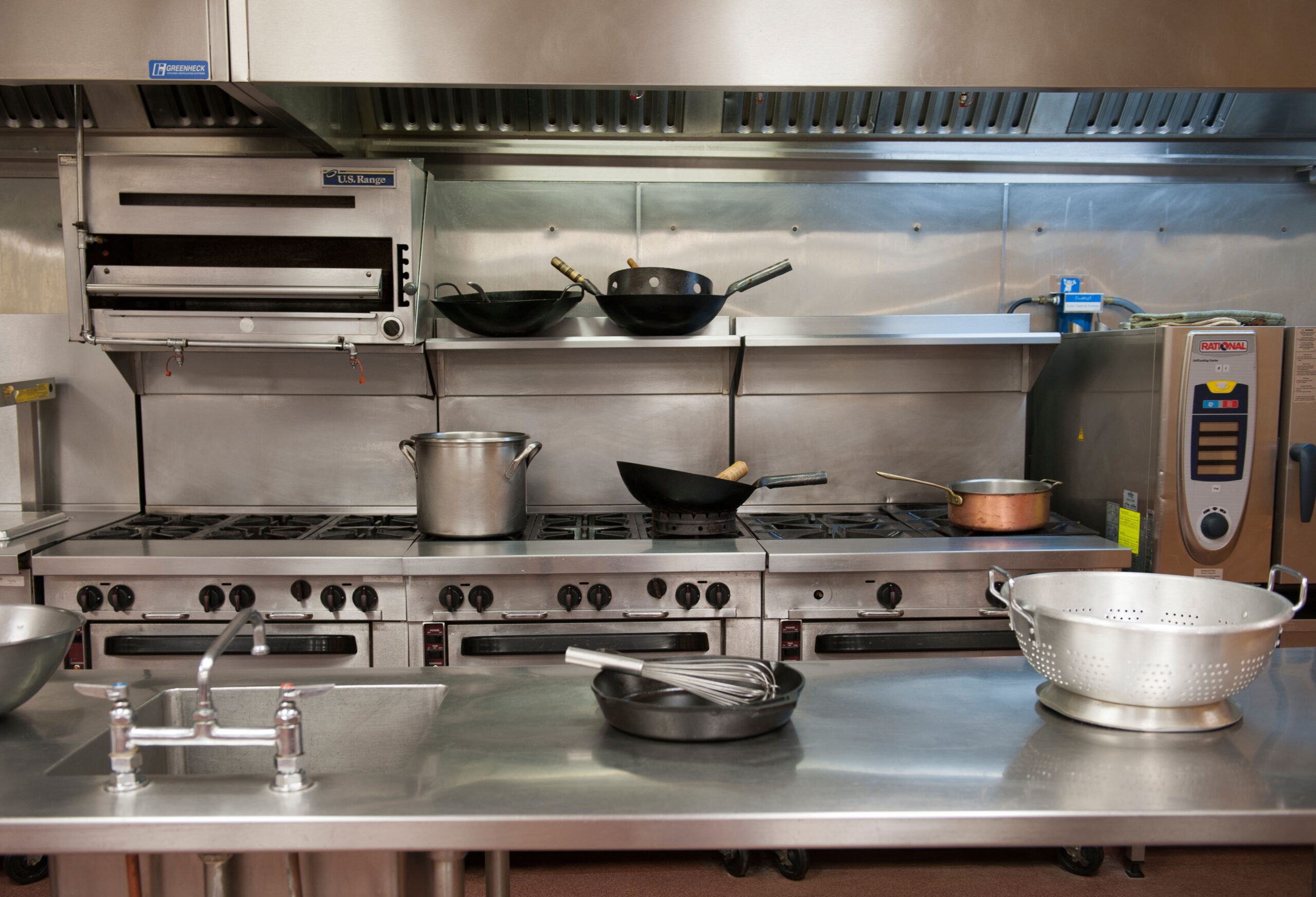 Professional gear makes a huge difference to how you cook (Credit: Alamy/Michael Honegger)
Professional gear makes a huge difference to how you cook (Credit: Alamy/Michael Honegger)
Though the recipe that you may be carefully following might call for specific temperature changes every few minutes, you can’t afford that sort of luxury in the middle of service. This means that many professional ovens are often on at full blast, all day and night.
Coupled with the extensive prep that the crew get through beforehand, the high temperatures produce crisp crusts and deep caramelisation, all of which add to the eating experience.
6. Presentation
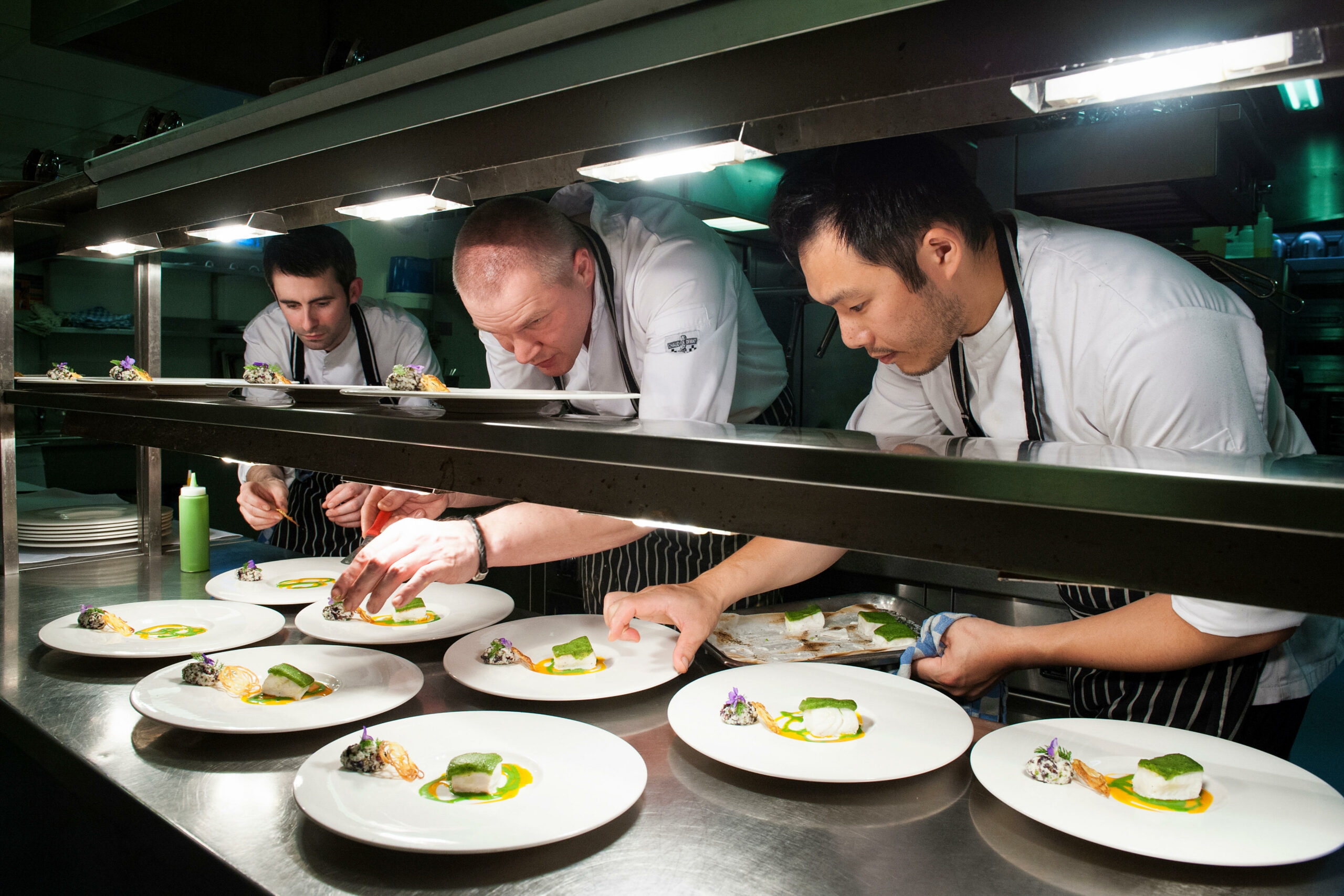 Attractive presentation makes a huge difference to how we experience a dish (Credit: Alamy/David Clynch)
Attractive presentation makes a huge difference to how we experience a dish (Credit: Alamy/David Clynch)
You might think that making food look pretty is essentially unimportant. In many ways, this is the tasty cherry on top of the professional cooking cake.
However, scientists have proved time and time again that visual appeal can drastically affect the flavour of food and can make all the difference to your enjoyment of a meal. By thinking more carefully about your plating and including added extras like a garnish, you can transform your food without doing anything different cooking wise.
7. Teamwork
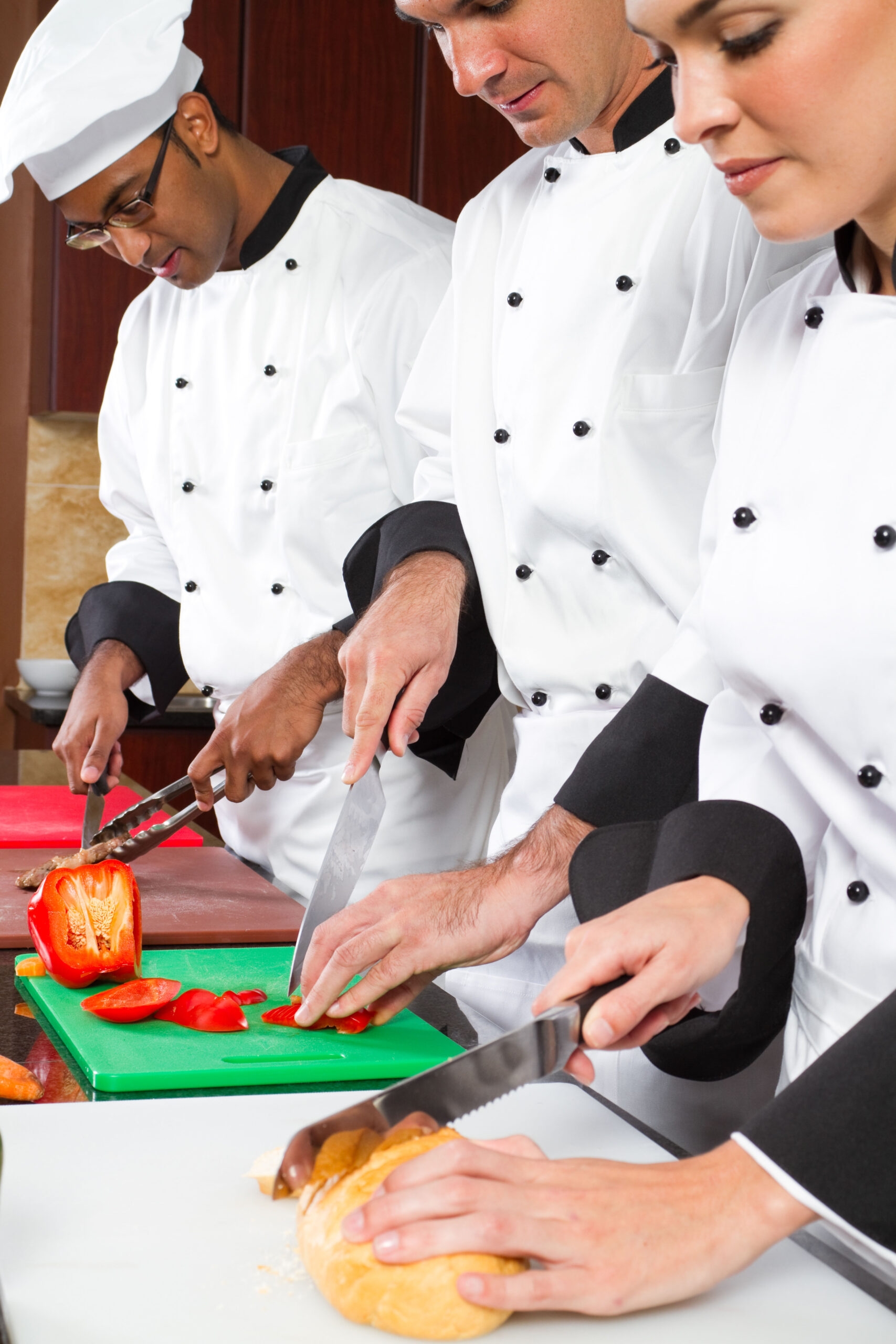 Professional cooks work in tandem to get more done in the kitchen (Credit: Alamy/Hongqi Zhang)
Professional cooks work in tandem to get more done in the kitchen (Credit: Alamy/Hongqi Zhang)
However hard you try, it’s incredibly difficult to pull all these techniques together by yourself. At the core of any successful professional kitchen is a highly trained and well-orchestrated team.
It all comes together thanks to communication and teamwork. For as long as you’re by yourself, slaving away over a single stove, this will probably be the hardest nut to crack.
READ MORE: The worst restaurants to visit on a first date
Every professional kitchen has their own tricks for making tasty food, formed from years of grafting in sweaty kitchens. Unfortunately, the chances are you’ll never be able to master all of them in your own home.
However, following a few of the suggestions above can help to take your home cooking to the next level. At the very least, they should help you solve the mystery of “why does restaurant food taste better?”

